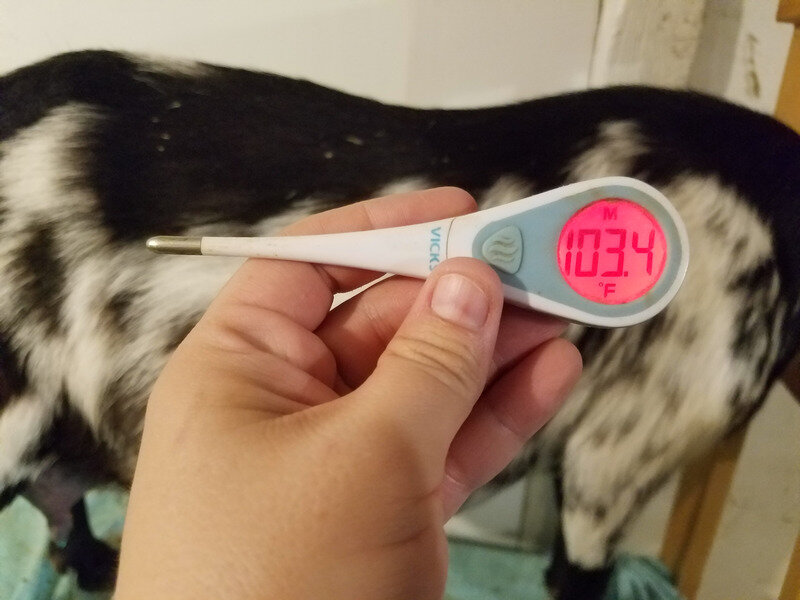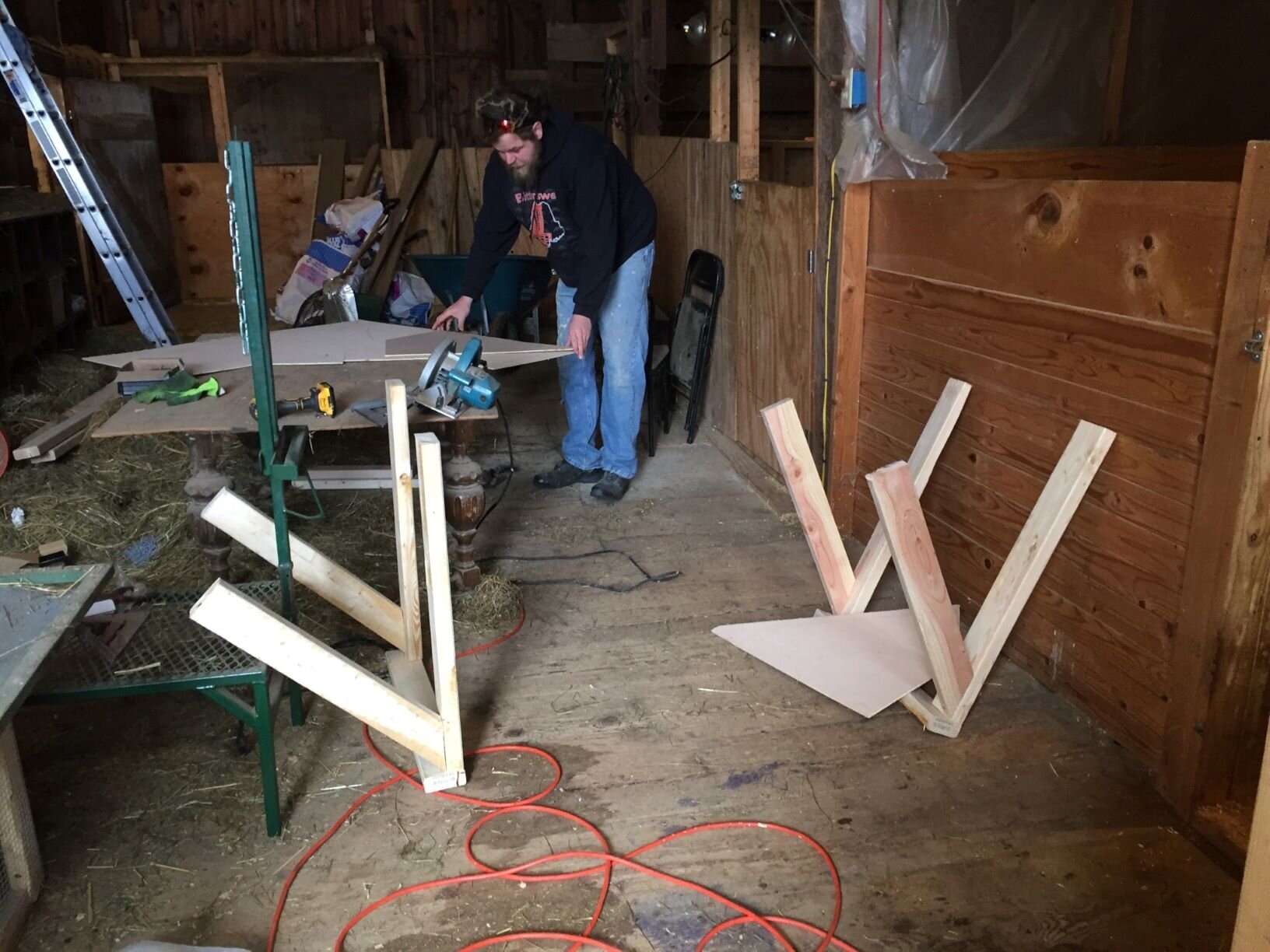Top Ten Goat Management Skills
Depending on the type of goats you decide to raise, goat management can be fairly intensive to mostly hands off. No matter what you decide to do with your goats, there's are some skills that will always serve you and your goats well.
1.) Cleaning Stalls
Maintaining a clean living environment for your goats is a key element of basic goat care. Keeping goat bedding well cared for and dry prevents respiratory infections and a score of other bacteria and illnesses at bay. Developing a good, consistent cleaning schedule is a skill that does take some developing when you first own goats.
2.) Hoof trimming
Hoof health is very important when caring for goats. A lot of folks find hoof trimming very intimidating at first, but once you learn how to do it properly, it's a skill you can't be without. Keep a good set of sharp trimmers on hand, and get your goats comfortable on a milk stand if you have one available to use. Having a good milk stand available is very handy for any kind of goat maintenance, especially when doing things on your own. There's are a lot of plans available online for building your own milk stand as well if you're handy.
3.) Giving injections
Knowing how to give a basic injection saves you a lot of time and money in the long run. Having to rely on a vet for every injection you need to administer to your goats will add up quickly, and may end up causing you to avoid necessary maintenance. Subcutaneous (Sub-Q) injections, under the skin are very easy once you get the hang of it. Once you're comfortable with that, you can learn to do intramuscular (IM) injections, which are often easier on you and the goat.
4.) Taking a rectal temp
This one may seem like a no-brainer, but there is actually some know-how that goes into taking a goat's temperature accurately. Using a digital thermometer makes the experience much faster and easier. Make sure you're inserting the thermometer in far enough, and be able to hold the goat firmly - a milk stand is often good for this.
5.) FAMACHA
Checking eyelid membranes for signs of anemia is an easy skill to develop, and a very effective way to check for potential parasite problems. Get yourself a laminated FAMACHA card for the barn to be able to practice checking your goat's eyelids on a regular basis.
6.) Feed management
Depending on what type of goats you raise, your feed needs will be very different. Good hay is an important cornerstone for all goat diets. After that, you can decide if your herd needs additional grain depending on if their milking, being raised for meat, brush management or pets. This is especially important if you have male goats in your herd, as proper feed management is the main factor in preventing Urinary Calculi.
7.) Drawing blood
A lot of people find drawing blood to be a bit overwhelming, but it's a great skill to develop. Being able to draw your own blood lets you do disease testing and pregnancy testing without the aid of the vet. This saves you the cost of a vet visit, and the time needed to accommodate a vet's busy schedule.
8.) Basic building/repair skills
Being able to do basic repairs around the barn is incredibly important. Goats are notoriously hard on their environment, and being able to repair fences, doors, hay feeders, walls, etc. right away can prevent escapes and injuries to your herd. Get comfortable with a hammer and a drill so you can stay on top of things that pop up unexpectedly.
9.) Doing your own fecals
Being able to do your own fecal exams does take some research and practice. You have to first know what you're looking for, so learning to identify common parasites and their eggs is key. Next, read up on how to perform a fecal exam. Gather the supplies you need - an inexpensive microscope, glass slides and a float solution (you can mix one yourself, but I find it's easier to buy it to make sure it's correct). Practice! There is no end to the fecal samples you can collect. Keep practicing looking at samples, so you become comfortable identifying the various parasites, and know what a normal parasite level looks like.
10.) Know your goats
The very best skill you can develop when keeping goats, is knowing your goats. Every goat has a different personality, and therefore a very different "normal". Knowing your goat's normal behaviors and routines can help you identify health problems early on. Goats are prey animals, which means they're very good at hiding illnesses and injuries so they're not pushed out of the herd. Knowing when your goat is "off" can alert you to an issue before it becomes too serious. Spending quality time with your goats on a regular basis is the very best goat management practice you can develop.



